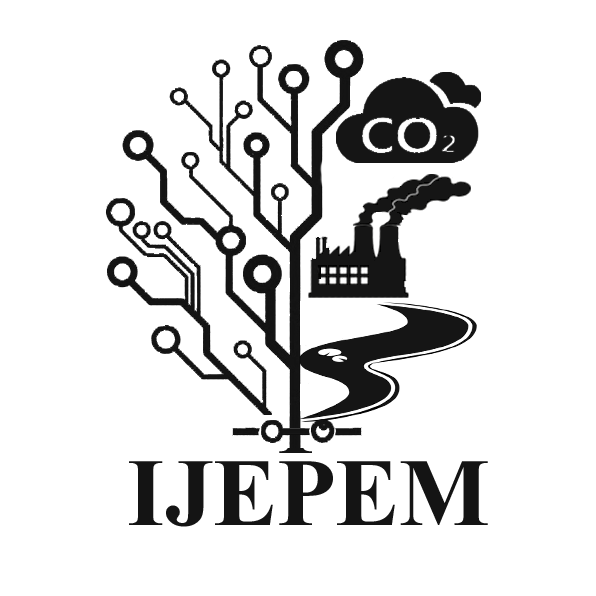
International Journal of Environmental Pollution and Environmental Modelling
Yazarlar: Ayşe KULEYİN, Muhammet NALKIRAN
Konular:Çevre Mühendisliği
Anahtar Kelimeler:Municipal solid waste management,Characterization of solid waste,Disposal
Özet: The amount of waste produced is increasing day by day because of the enlargement of cities together with the growth in population and industry. It is imperative to make a feasible and sustainable waste management plan for these wastes produced. Otherwise, it will be much more difficult to protect the environment and human health. Therefore, it is very important for the ecological balance of the earth that every waste can be reused or discharge without damaging the environment. Disposal of urban wastes without harming nature has been the biggest requirement. As the energy resources in the world are gradually depleted, studies on obtaining energy from such wastes have increased. In this study, the current waste management in two provinces of Turkey, Trabzon and Rize, was discussed and the system was explained in detail. In the context of integrated waste management, in order to decide on the most appropriate waste management option, provincial central waste characterization was carried out and seasonal variation in the waste composition was investigated. According to the results, approximately 65-75% of Rize municipal solid waste was found as organic waste and 35-25% as recyclable waste. Moisture content was determined as 68-70% on average annually. The lower calorific value was found between 3100 and 4800 kcal/kg on dry basis. Approximately 55-60% of Trabzon municipal solid waste was organic waste and 25-30% was recyclable waste. Annual average moisture content was found around 70%. The lower calorific value was determined between 3400-4500 kcal/kg on a dry basis. In addition, reuse, recycling, recovery and final storage systems of the municipal solid waste were discussed for the selection of the most appropriate methods within the scope of zero waste management of each province. Based on the characterization data, waste elimination from final disposal prolongs the lifetime of sanitary landfills.